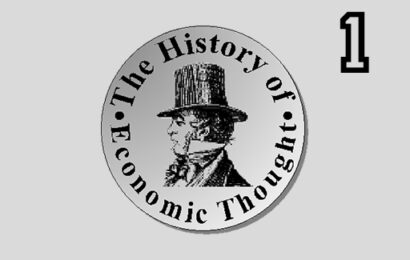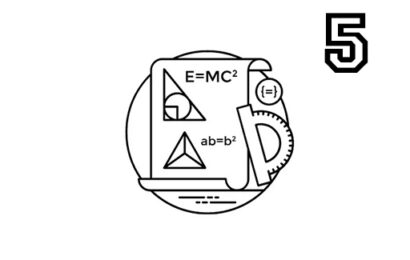
- Quizzes: 10
Industrial Economics is the study of firms, industries, and markets, focusing on their structure, behavior, and performance. The field evolved from traditional microeconomic theory, addressing the complexities of industrial production, competition, and market dynamics. Early contributions by economists such as Alfred Marshall and Adam Smith laid the groundwork for understanding how industries function in the broader economy.
In the 20th century, industrial economics grew as firms and industries expanded and became more complex. Theories like the Structure-Conduct-Performance (SCP) paradigm and Game Theory helped explain strategic decision-making within firms, market power, and the role of government regulation. Economists also delved into topics such as monopoly, oligopoly, pricing strategies, and the economics of innovation.
The practical implications of industrial economics are vast. Understanding, how industries operate aids in shaping public policy, enhancing competition and improving business strategies. It provides insights into optimizing production, reducing costs, and fostering innovation. Additionally, it helps governments regulate industries to ensure fairness, prevent market failures, and promote consumer welfare.
Industrial economics continues to evolve in response to the global economy’s shifts, technological advancements, and changing regulatory landscapes, making it a critical area of study for policymakers, businesses, and economists alike.
Curriculum
- 2 Sections
- 0 Lessons
- Lifetime
- Notes0
- MCQ10
- 2.1Introduction to Industrial Economics10 Minutes20 Questions
- 2.2Market Structure10 Minutes20 Questions
- 2.3Market Conduct and Performance10 Minutes20 Questions
- 2.4Growth and Diversification of the Firm10 Minutes20 Questions
- 2.5Location and Investment Decisions10 Minutes20 Questions
- 2.6Innovation and Technological Change10 Minutes20 Questions
- 2.7Industrial Finance10 Minutes20 Questions
- 2.8Government and Industrial Policy10 Minutes20 Questions
- 2.9Public and private sectors in industry10 Minutes20 Questions
- 2.10Globalization and international trade10 Minutes20 Questions






